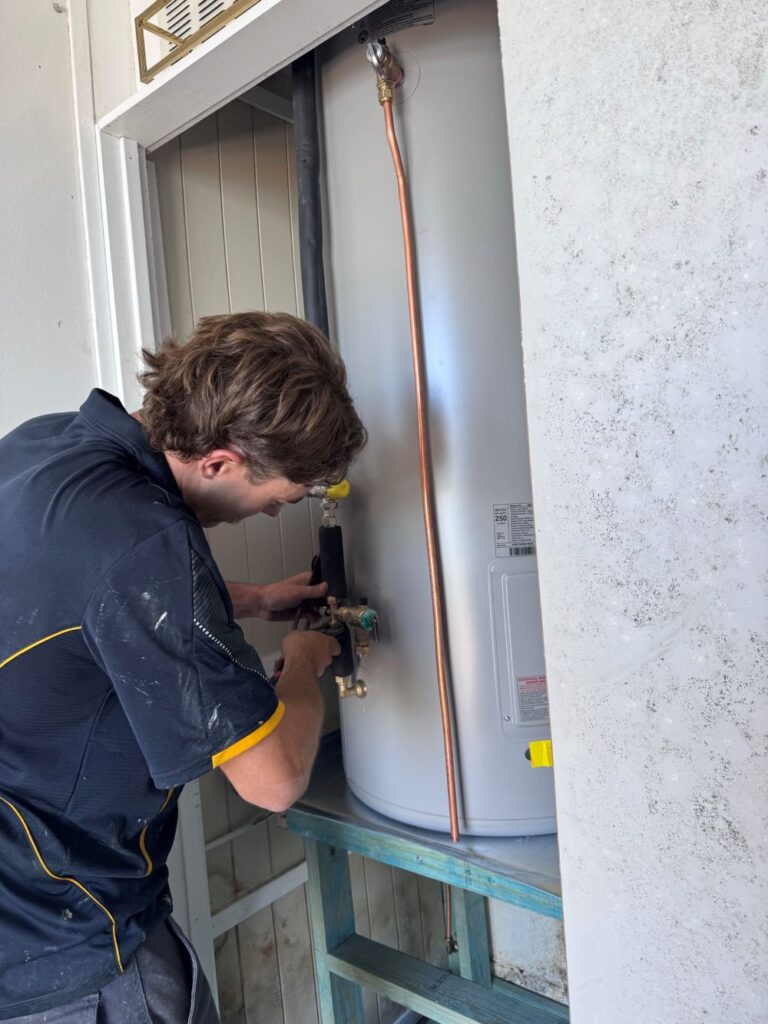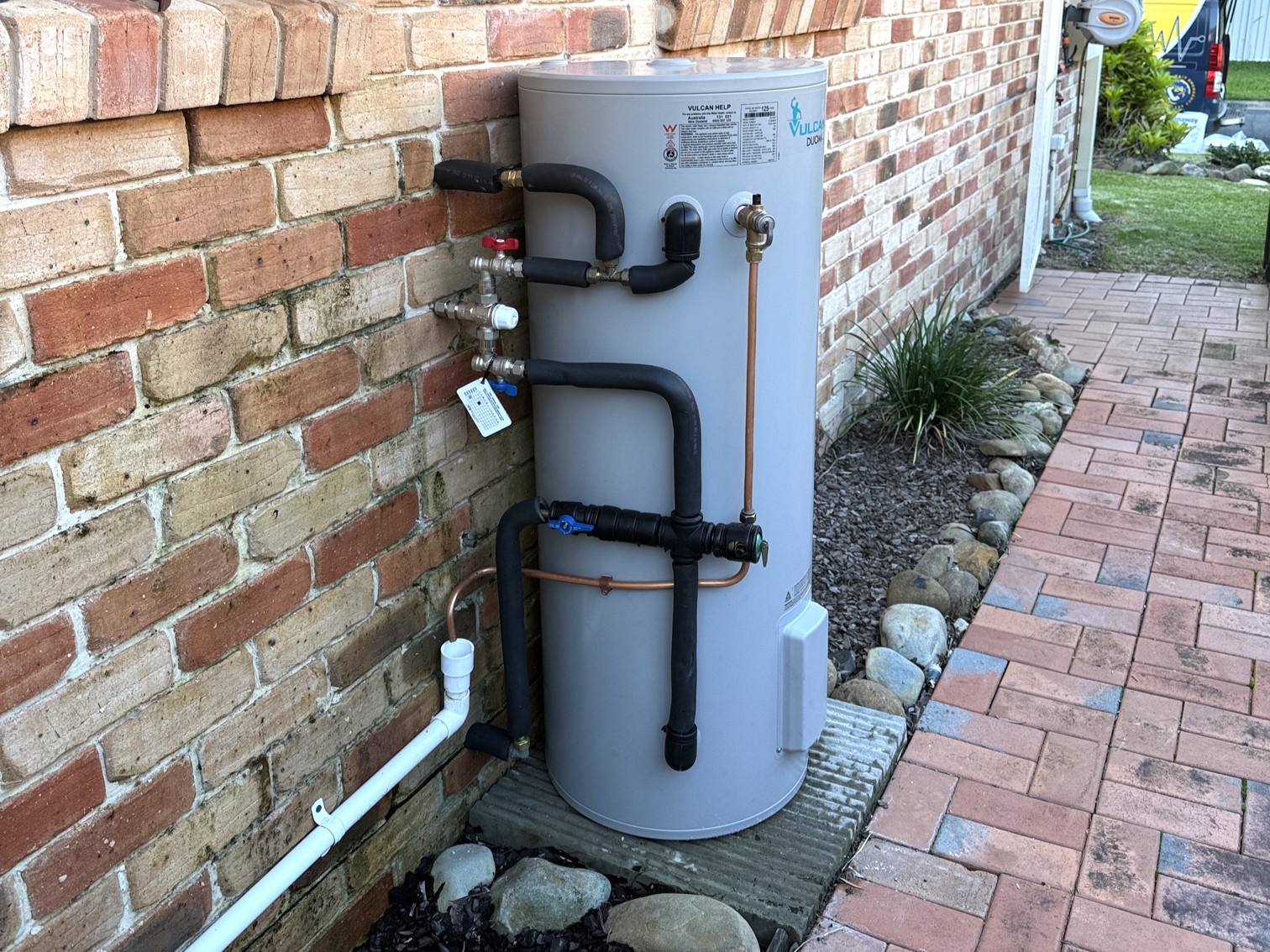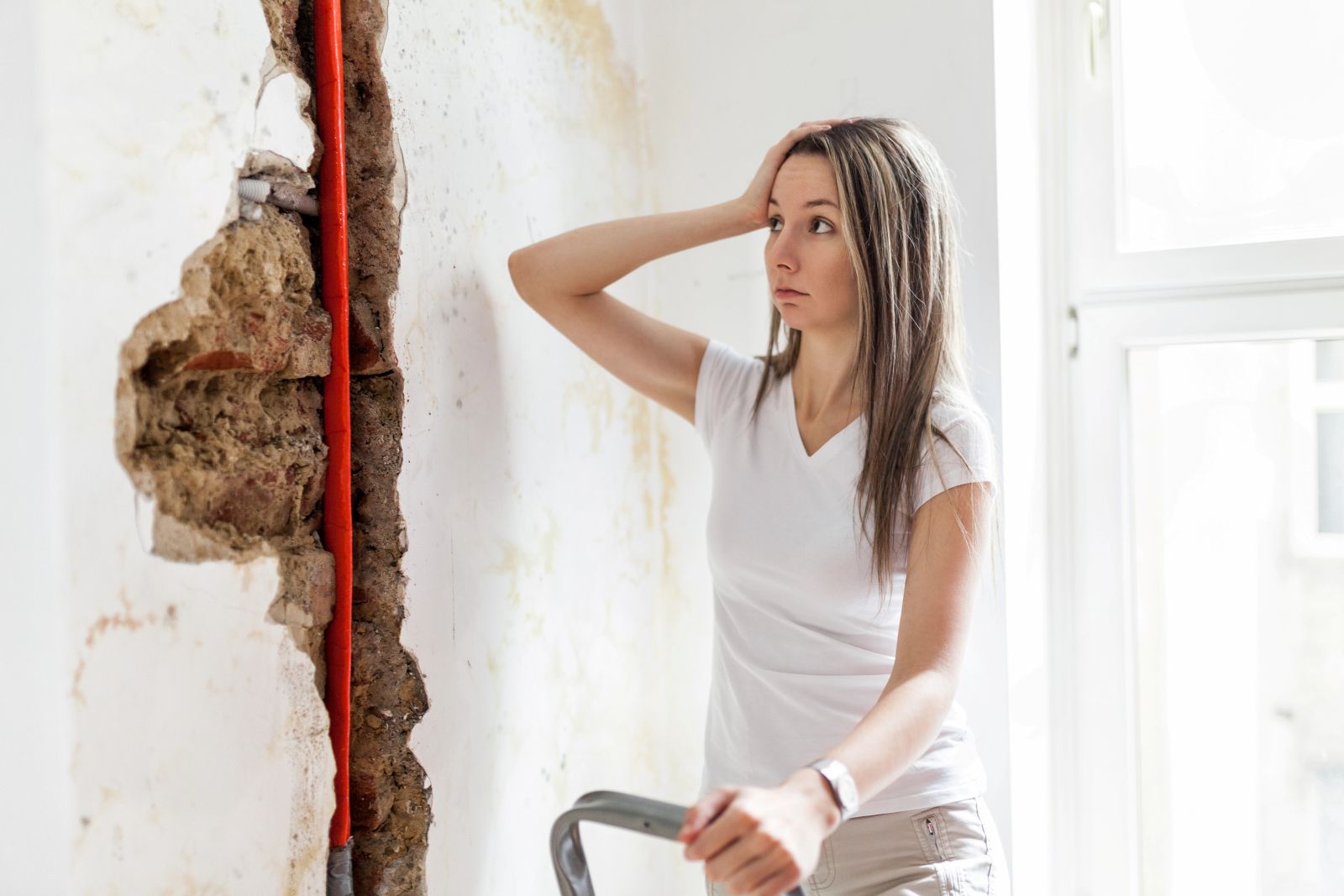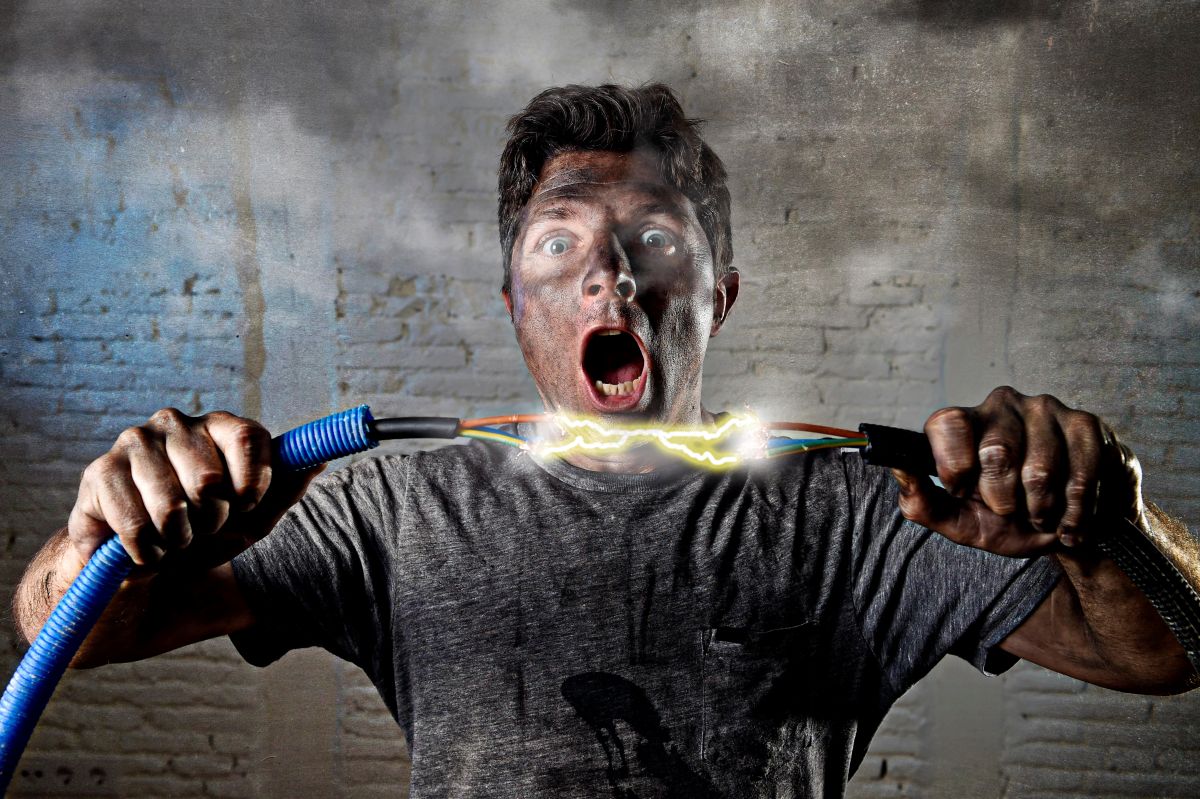Keeping your hot water system in top shape is essential for comfort, efficiency, and cost savings. Whether you use an electric, gas, or solar unit, even the best systems can experience issues over time, especially in coastal environments like the Gold Coast, where humidity and mineral-rich water can take a toll on performance.
Understanding the common problems that occur and how to address them can help you avoid unexpected breakdowns and expensive repairs. Here are the five most frequent hot water system issues Gold Coast homeowners encounter, along with practical tips for identifying and fixing them.
Understanding Hot Water Systems on the Gold Coast
The Gold Coast’s warm, coastal climate means most households rely heavily on hot water systems year-round, not just for comfort, but for everyday hygiene, cleaning, and cooking. Because of this, the region’s water quality, salt air, and temperature changes can all influence how long a system lasts and how efficiently it performs.
Types of Hot Water Systems Commonly Used in Gold Coast Homes
There are several types of systems commonly found in local homes, each with its own maintenance needs:
- Electric hot water systems – Popular for reliability and affordability.
- Gas hot water systems – Deliver fast heating and strong water pressure.
- Solar and heat pump systems – Great for energy efficiency and reducing power bills.
- Instant (tankless) systems – Compact units that provide hot water on demand.
Knowing which type you have makes troubleshooting much easier.
No Hot Water or Inconsistent Temperature
Few problems are as frustrating as stepping into a shower only to find the water’s gone cold. This issue is one of the most common hot water complaints among Gold Coast homeowners.
Possible Causes
- A faulty thermostat or heating element
- Tripped circuit breaker or blown fuse
- Gas pilot light going out
- Sediment build-up in the tank blocking heat transfer
How to Fix It
Start by checking your system’s power supply or pilot light, depending on the type of unit you have. Electric systems often lose power due to tripped circuits, while gas systems may simply need the pilot relit.
If those aren’t the issue, sediment build-up is a likely culprit. Over time, minerals in the water settle at the bottom of your tank, reducing heating efficiency. Flushing your tank every 6–12 months can help clear this out. For persistent heating failures, it’s best to have a licensed plumber inspect the thermostat or element.
Low Hot Water Pressure
Low hot water pressure can make everyday tasks like showering or washing dishes frustratingly slow. This problem often develops gradually, and many homeowners mistake it for a plumbing issue rather than something related to the system itself.
Common Causes
- Sediment or limescale build-up inside the pipes or tank
- Corrosion within older plumbing systems
- Faulty tempering or pressure relief valves
How to Fix It
Begin by checking your tempering valve, this device blends hot and cold water to maintain safe temperatures. If it’s blocked or worn out, your water pressure may drop. Cleaning or replacing the valve often restores normal flow.
For older systems, mineral build-up inside the tank or pipes can reduce efficiency and pressure. Flushing the system may help, but if your pipes are corroded or restricted, professional replacement might be required. A local plumber can perform a full pressure test to determine the cause.

Water Leaks Around the System
Even a small leak around your hot water unit can lead to wasted water, higher energy bills, and long-term damage to surrounding walls or flooring.
Common Causes
- Loose pipe fittings or corroded joints
- Cracked tank or worn seals
- Faulty temperature and pressure (T&P) relief valve
How to Fix It
Turn off the power and water supply before inspecting the area. Tighten any loose fittings and check for signs of rust, corrosion, or cracks. If the tank itself is leaking, replacement is usually the only safe solution.
In many cases, a faulty T&P relief valve is to blame. This component releases excess pressure from the tank, if it fails, it may leak constantly. Replacing the valve is a straightforward fix for a professional plumber.
Strange Noises or Rumbling Sounds
A noisy hot water system isn’t just annoying, it’s often a sign something’s wrong internally. Popping, rumbling, or hissing sounds are usually caused by a build-up of minerals or trapped air inside the tank.
Common Causes
- Sediment hardening at the bottom of the tank
- Air pockets within the system
- Fluctuating internal pressure
How to Fix It
Flushing the tank is the most effective way to remove sediment build-up and eliminate noise. If that doesn’t help, an emergency plumber can check the system’s anode rod — a metal component that prevents corrosion inside the tank. Once the rod wears out, internal rusting and noise can occur.
Addressing these sounds early helps prevent long-term damage and keeps your hot water system running quietly and efficiently.
Discoloured or Smelly Water
If your hot water comes out with a rusty colour or a strange smell, that’s a sign of internal corrosion or bacterial growth, and it shouldn’t be ignored.
Common Causes
- A corroded anode rod
- Bacteria developing in stagnant water
- Rusting inside the tank’s lining
How to Fix It
Replacing the anode rod is often enough to fix the problem. This sacrificial metal rod attracts corrosion, protecting the rest of your tank from rust. If your tank is more than ten years old and the water remains discoloured, it’s likely time for a full replacement.
If you notice a rotten egg smell, it’s typically caused by sulphur bacteria. A plumber can disinfect the tank or recommend a new anode material to prevent it from returning.
Preventing Hot Water System Problems
Preventive maintenance is the best way to keep your system running efficiently. Gold Coast homeowners should aim for an annual inspection to check for corrosion, leaks, and build-up. Flushing the tank, testing safety valves, and checking electrical or gas connections can all extend your system’s lifespan.
Even simple steps like adjusting the thermostat to a moderate temperature (around 60°C) can reduce energy use and prevent overheating or pressure issues.
Expert Tip
Always hire a licensed plumber on the Gold Coast for servicing. Attempting DIY repairs on hot water systems can be dangerous and may void your warranty. Professionals have the tools and knowledge to handle electrical and gas components safely.
Keep Your Hot Water Flowing Smoothly
Dealing with hot water system problems is never convenient, but most issues can be fixed quickly when identified early. Whether it’s a minor leak or a failing thermostat, staying proactive helps you save on costly repairs and ensures you always have reliable hot water when you need it.
A well-maintained system also improves energy efficiency, which means lower running costs and a longer lifespan for your investment.
If your hot water system on the Gold Coast isn’t performing as it should, get in touch with a local plumber to inspect, repair, or replace it before small issues turn into major breakdowns.


